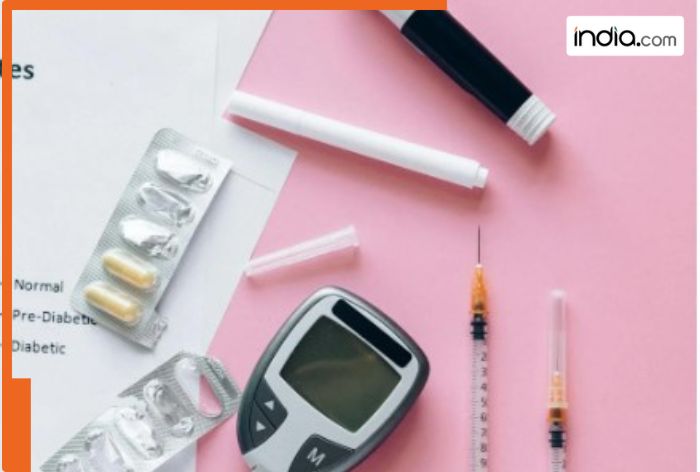Diabetics often experience an unexplained rise in blood sugar levels early in the morning. Read on to know the phenomenon behind this.
Diabetics often suffer this experience every morning in which their blood sugar level rises. Some people are left perplexed and in dilemma about this unexplained rise in glucose levels. But all this is due to a phenomenon that occurs in the early morning hours. This is called the dawn phenomenon or dawn effect. According to the Mayo Clinic, this usually occurs between 4 a.m. and 8 a.m. and can lead to hyperglycemia.
Causes of the dawn phenomenon
The American Diabetes Association rejects the concept. It states: “In the early morning hours, hormones, including cortisol and growth hormone, tell the liver to increase production of glucose, which provides energy to help you wake up. This causes beta cells in the pancreas to release insulin to keep blood glucose levels under control. But if you have diabetes, you may not make enough insulin or may be too resistant to insulin to counteract the rise in blood glucose. As a result, your levels may be elevated when you wake up. The dawn phenomenon does not discriminate between types of diabetes. “About half of people with type 1 or type 2 experience it.”
As part of the body’s circadian rhythm, several hormones, including cortisol, glucagon, and epinephrine, are released to prepare the body to wake up. These hormones tell the liver to increase glucose production, which can result in higher blood sugar levels.
Dawn phenomenon: symptoms for prevention
The main symptom of the dawn phenomenon is high blood sugar levels upon waking up. People may notice consistently high readings on their glucometers or continuous glucose monitoring (CGM) devices during the early morning hours. If blood sugar levels are significantly elevated, symptoms may include:
- fatigue
- increased thirst
- frequent urination
- headache
To diagnose dawn phenomenon, doctors often recommend continuous glucose monitoring. This method provides a comprehensive view of blood sugar levels overnight and can help distinguish between the dawn phenomenon and other possible causes of morning hyperglycemia, such as the Somogyi effect, which involves rebound hyperglycemia after hypoglycemia. nocturnal
Prevention of dawn phenomenon:
- insulin adjustments: For those using insulin pumps, adjusting basal rates to deliver more insulin during the early morning hours can help mitigate rising blood sugar levels.
- Dietary changes: Modifying dinner to include more protein and fewer carbohydrates can also help stabilize blood sugar levels overnight. But always consult your medical provider before making significant changes to your dietary patterns.
- Night exercise: Engaging in physical activity in the evening can improve insulin sensitivity and help lower blood sugar levels.
This is a common experience that diabetics complain about. However, being aware of your body and monitoring your diabetes regularly can help you initiate the necessary measures when necessary.
